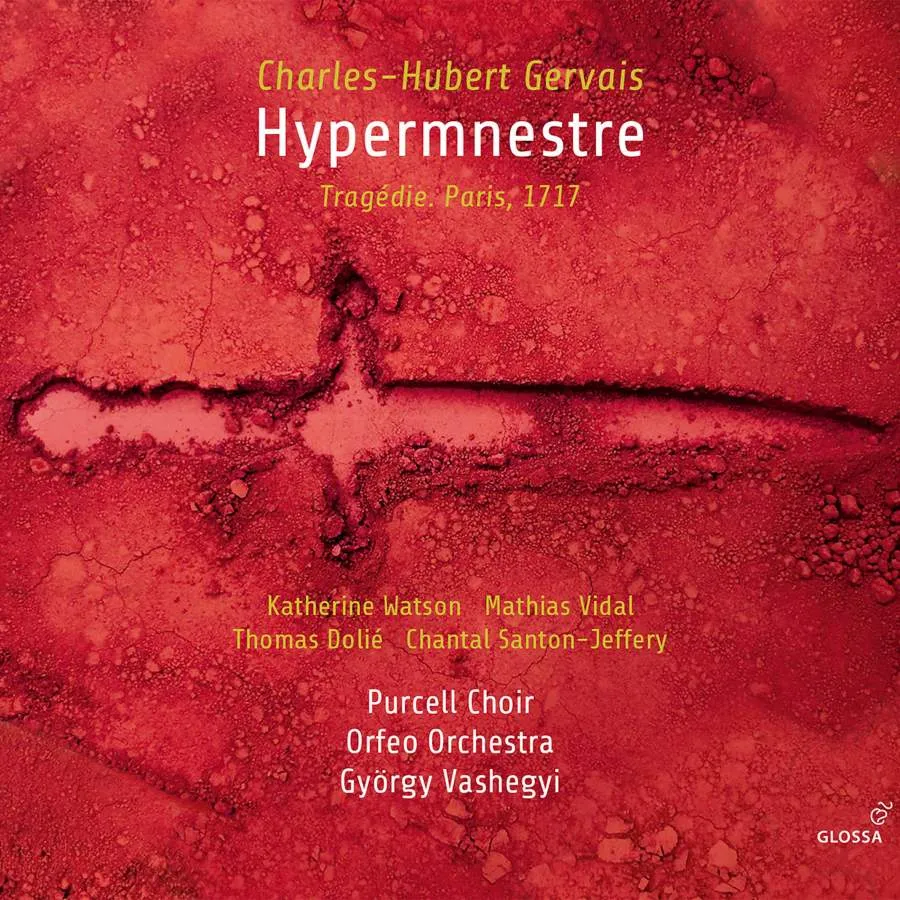
Gervais Hypermnestre Katherine Watson, Mathias Vidal, Thomas Dolie, Chantal Santon-Jeffery, Manuel Núnez-Camelino, Juliette Mars, Philippe-Nicolas Martin; Purcell Choir; Orfeo Orchestra/Gyorgy Vashegyi Glossa GCD 924007 145:59 mins (2 discs)
The music of Charles-Hubert Gervais (1671-1744) has been unjustifiably ill-served on disc. Apart from a splendid Te Deum, the grand motet Exaudiat Te and petit motet O sacrum convivium, recorded in the 1950s, there has been virtually nothing until the appearance of this fine performance of his most successful opera Hypermnestre. Gervais, a contemporary and friend of Campra, enjoyed the patronage of the music-loving Philippe of Orleans who became Prince Regent on the death of Louis XIV in 1715.
Hypermnestre, with its greatly admired libretto by Joseph de la Font, was premiered in Paris in 1716, revived in 1717 with a new fifth act libretto by Simon-Joseph Pellegrin, and subsequently on several occasions, until 1766. The recording adheres mainly to the 1717 version but further includes the original 1716 fifth act.
The plot of this tragédie en musique is pretty gruesome, leading to the massacre of the 50 sons of Aegyptus on their wedding night by their wives, the daughters of his brother and enemy Danaus. Only Hypermnestra disobeys her father in order to spare her spouse, Lynceus. Though Lully-like in its prologue – introductory, rather than honorific – and five acts, the music frequently sounds forward-looking, even anticipating Rameau at times, and especially in the many imaginative instrumental dances. The strengths of the piece, described by his biographer, Jean-Paul Montagnier as the best opera of the Regency period, lend weight to this timely rehabilitation of its composer. The performance under György Vashegyi is stylish, invigorating and responsive to the demands of text and music.
Nicholas Anderson
